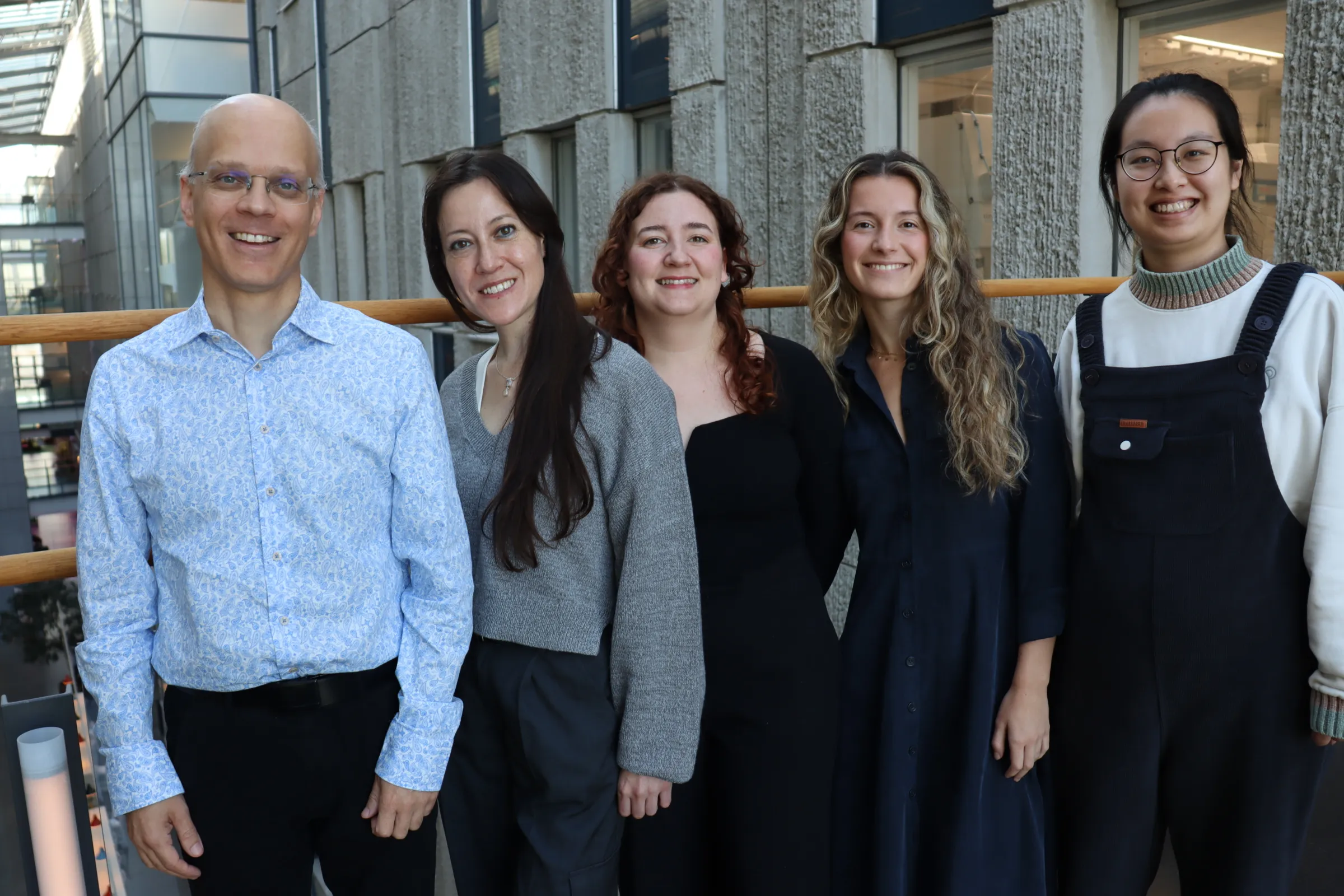Our research
My research group studies immune responses with a focus on the lung. The lung is a vital organ that is directly exposed to the outside world and therefore a common site of infection, chronic inflammation, and cancer. Both acute and chronic lung injury are common and often mediated by the immune system.
We want to understand how the immune system helps maintain healthy lung function and how disturbed immune function causes lung inflammation. Our studies focus on macrophages, tissue-resident immune cells that carry out specialized functions to maintain organ homeostasis and promote barrier immunity. To make our studies relevant to humans, I have developed innovative models that allow us to investigate the cells and function of the human immune system in vivo. Our long-term aim is to contribute to the development of macrophage-based treatments for lung diseases.
Open positions
We are looking for talented and highly motivated students and postdocs to join our research group. To apply, submit cover letter, CV with publication list, and contact information of three references to the group leader: tim.willinger@ki.se
Collaborations
International
- Richard Flavell (Yale University, USA)
- Bart Lambrecht (Ghent University, Belgium)
- Thomas Marichal (Liege University, Belgium)
- João Pereira (Yale University, USA)
- Andrea Reboldi (University of Massachusetts, USA)
Karolinska Institutet
- Niklas Björkström, Center for Infectious Medicine, Department of Medicine, Huddinge
- Apostolos Bossios, Department of Respiratory Medicine, Huddinge
- Taras Kreslavskiy, Department of Medicine, Solna
- Anna Smed Sörensen, Department of Medicine, Solna
Projects
Development and function of lung macrophages
Macrophages are the most abundant immune cells in the lung. Due to their strategic location, they protect us from airborne pathogens, while performing tissue repair after injury or infection. However, not much is known about the development and function of lung macrophages in humans. To overcome this limitation, we have created a unique model to study human macrophages in vivo. Using this model, we have recently discovered how human blood monocytes migrate and become distinct types of lung macrophages. Blood monocyte-derived macrophages are relevant in many lung diseases, including COVID-19. In addition, we have identified the fetal precursor of human lung macrophages and how cell origin impacts the function of human lung macrophages
KI News — 30 December 2020: New research may explain severe virus attacks on the lungs
KI News — 12 January 2022: New study reveals how the lung's immune cells develop after birth
Immune sensing of lung injury
We address the fundamental question of how the immune system senses tissue damage and how this affects the outcome of lung injury. We focus on G protein-coupled receptors, an important receptor family that allows cells to respond to extracellular signals, such as metabolites, hormones, and chemoattractants. One such receptor expressed in immune cells is GPR183, a cell surface receptor for hydroxylated cholesterol metabolites, called oxysterols. We discovered that oxysterols recognized through GPR183 guide the movement of specific immune cells and promote the formation of lymphoid tissue in the gut. Our study suggests a new possible treatment for inflammatory bowel disease.
KI News — 16 January 2018: Oxysterols guide gut immune cells and are involved in inflammatory bowel disease
Follow us on X
 Photo: n/a
Photo: n/a
